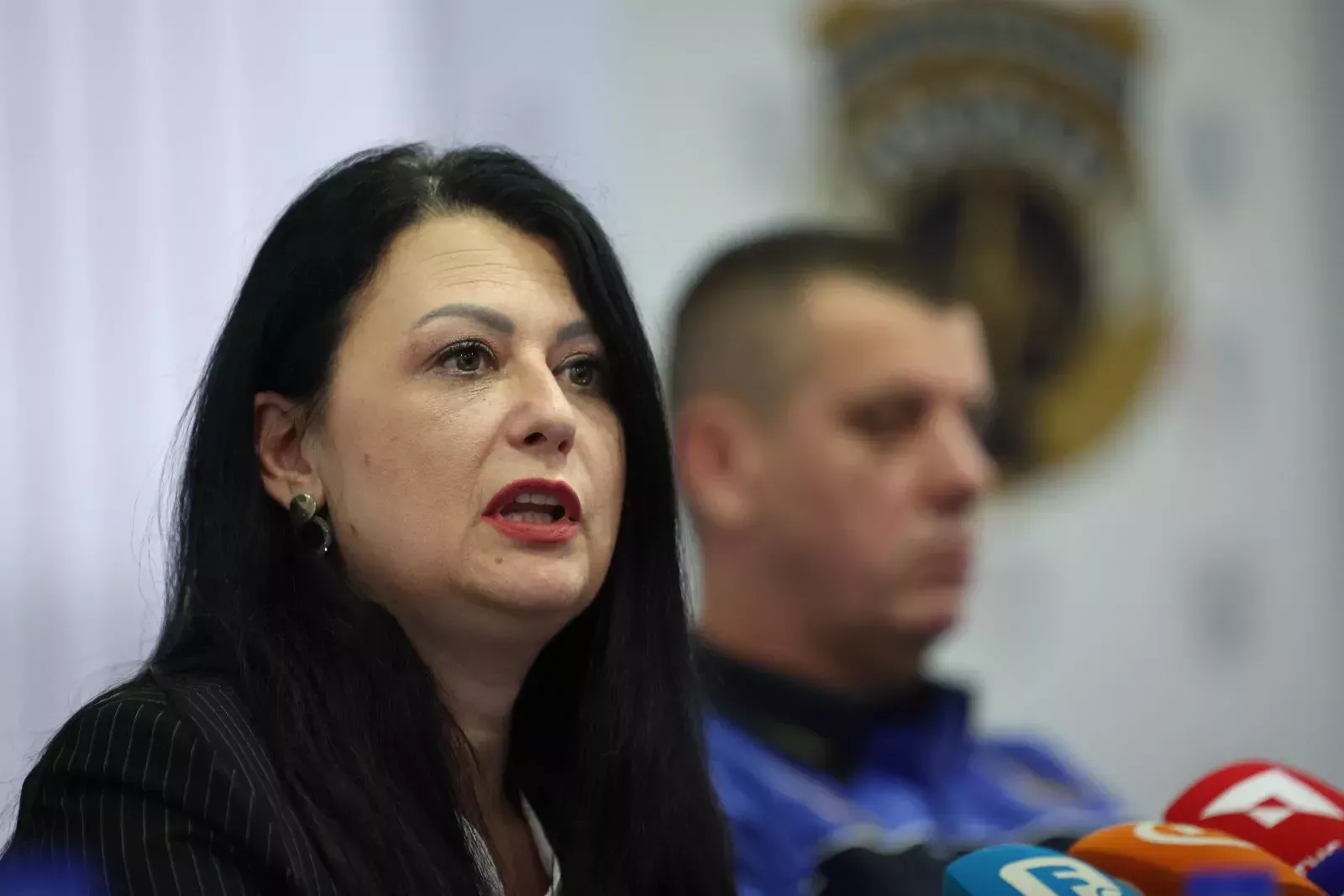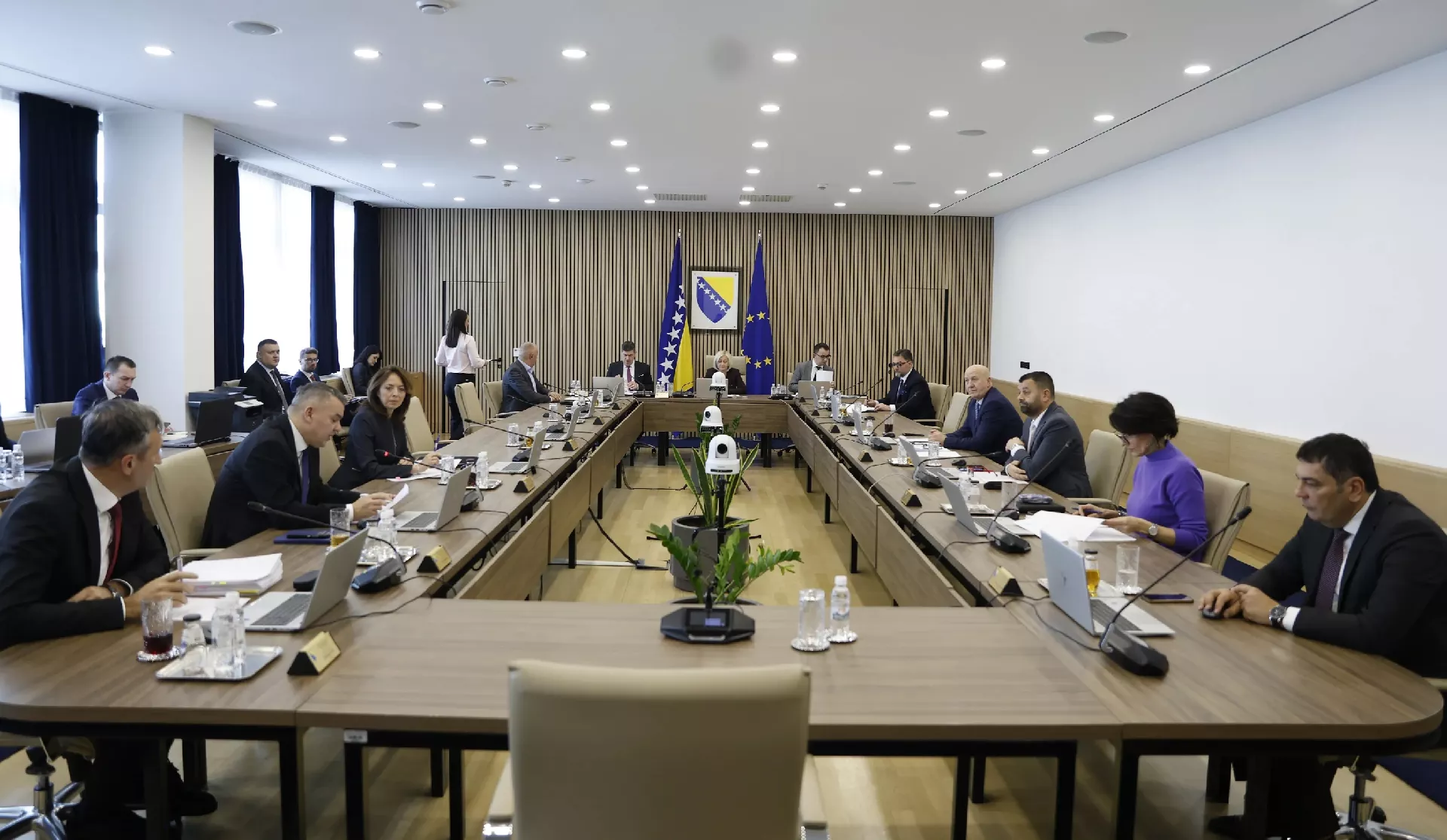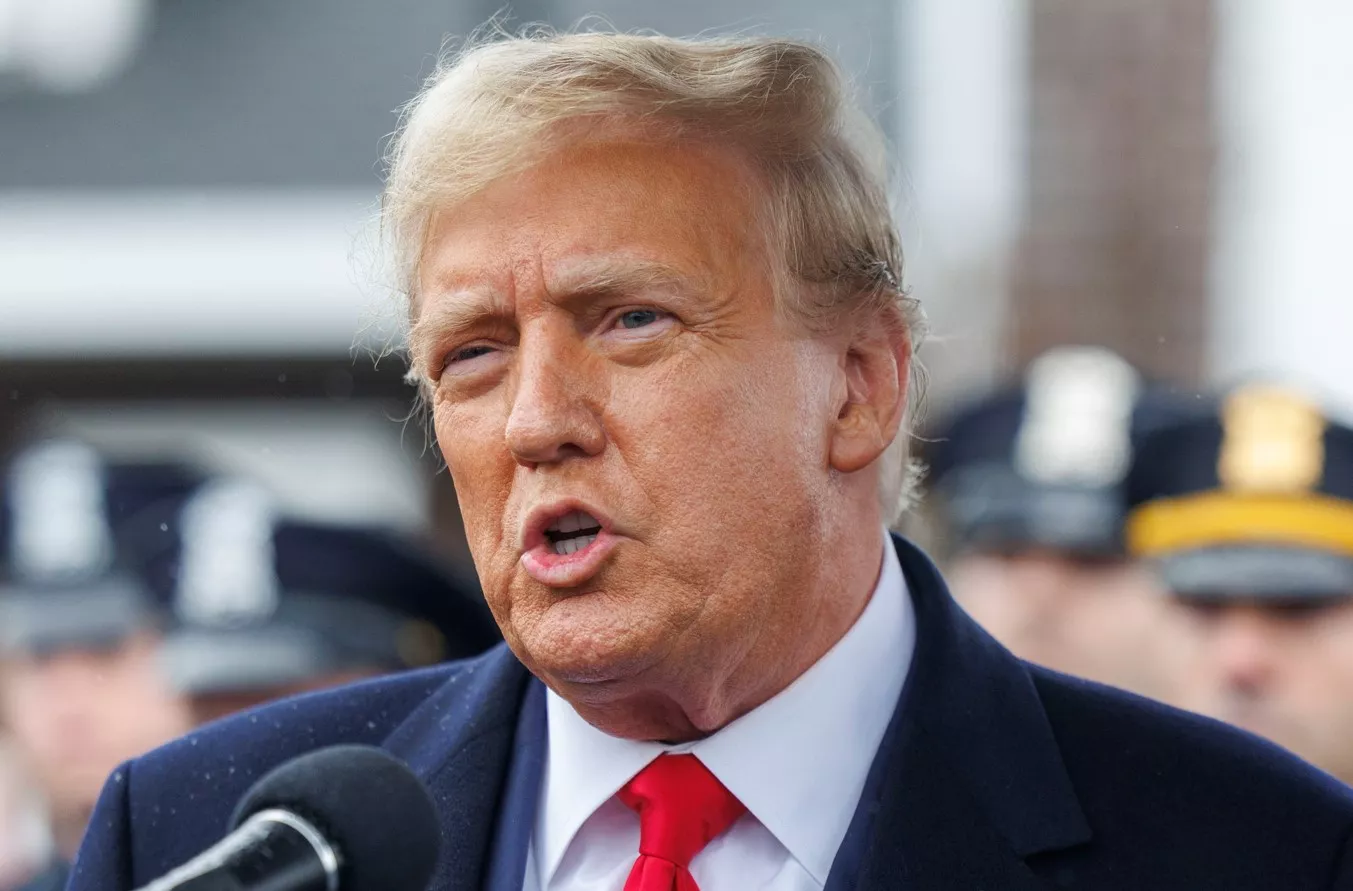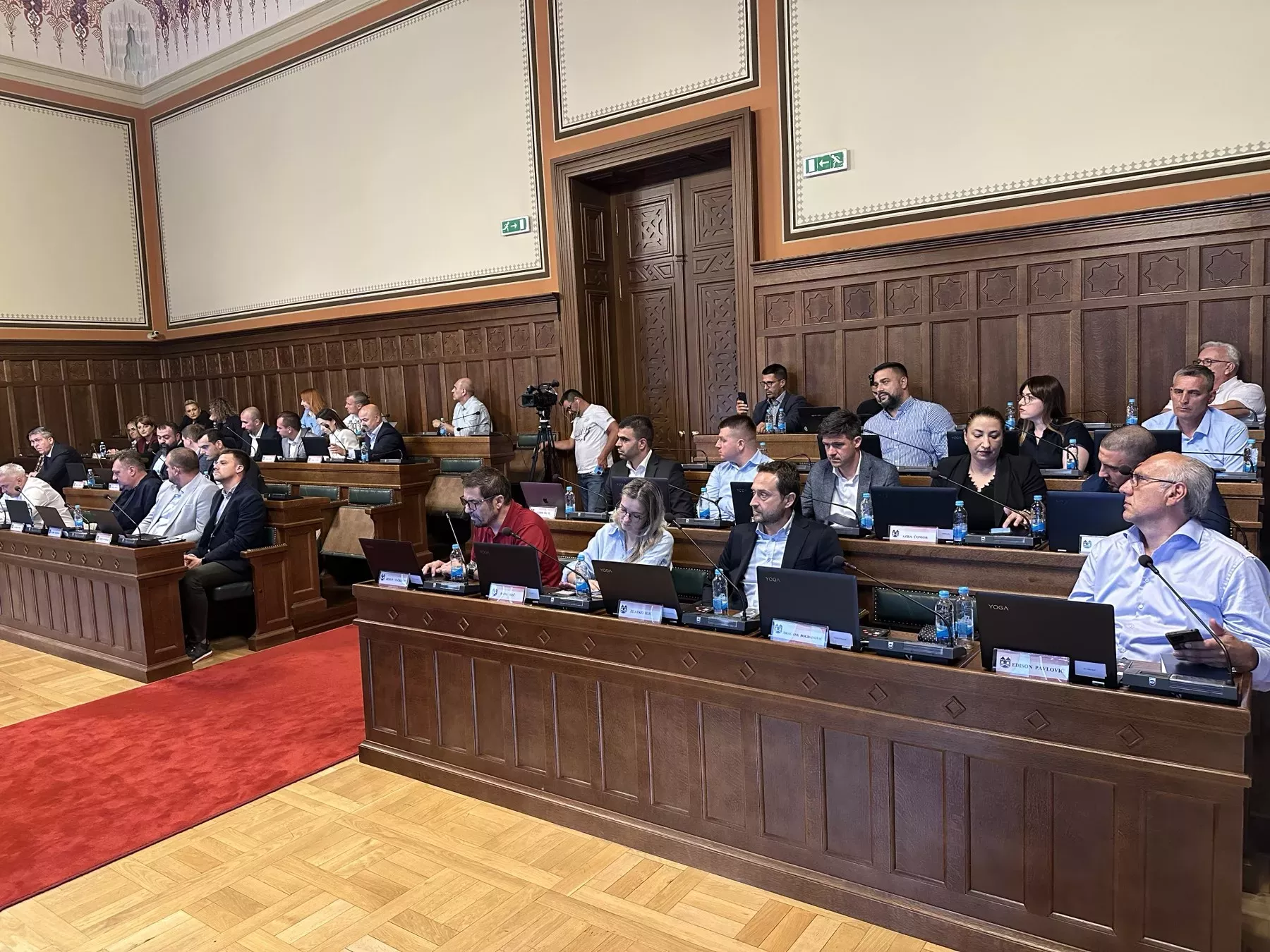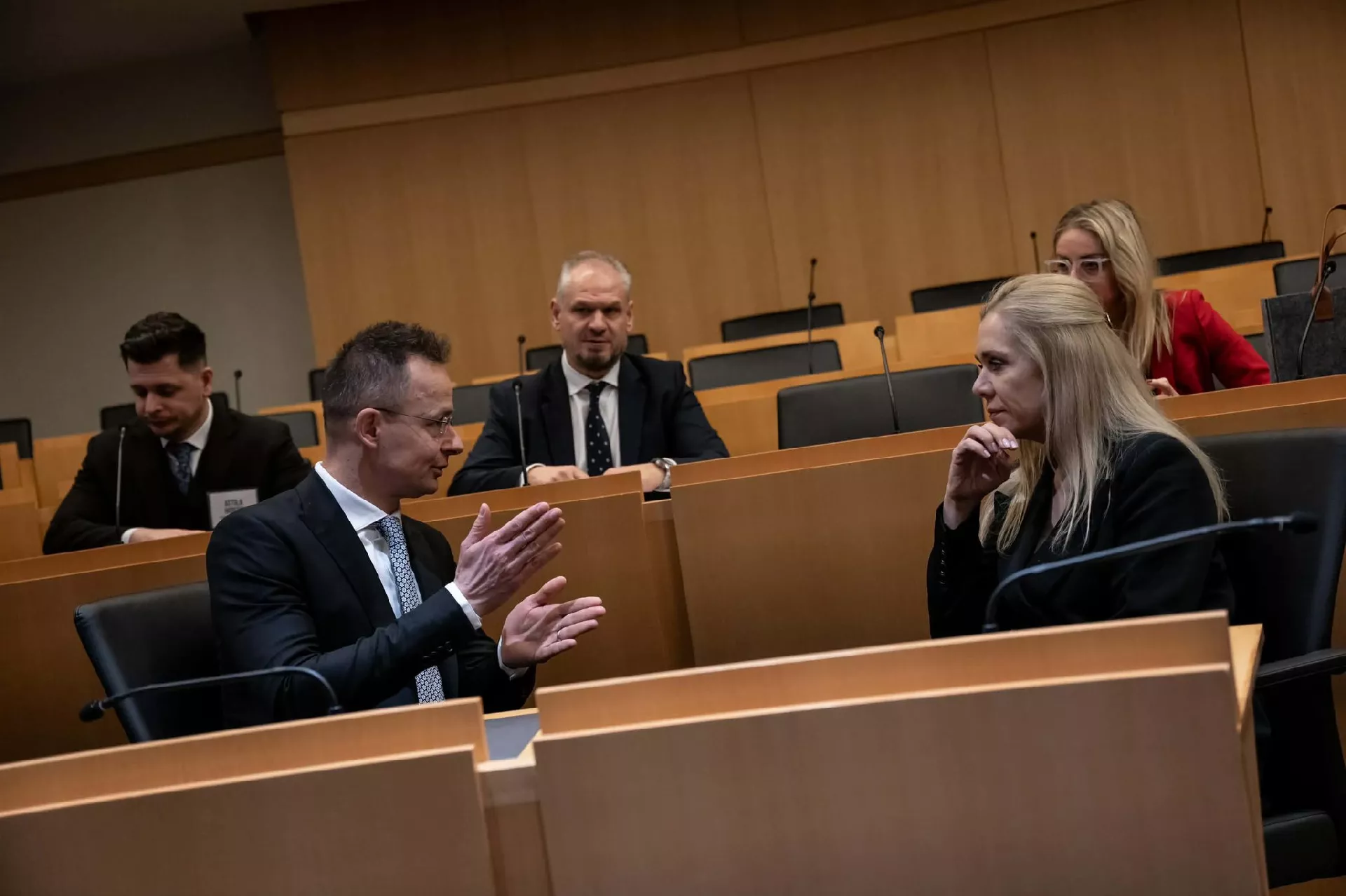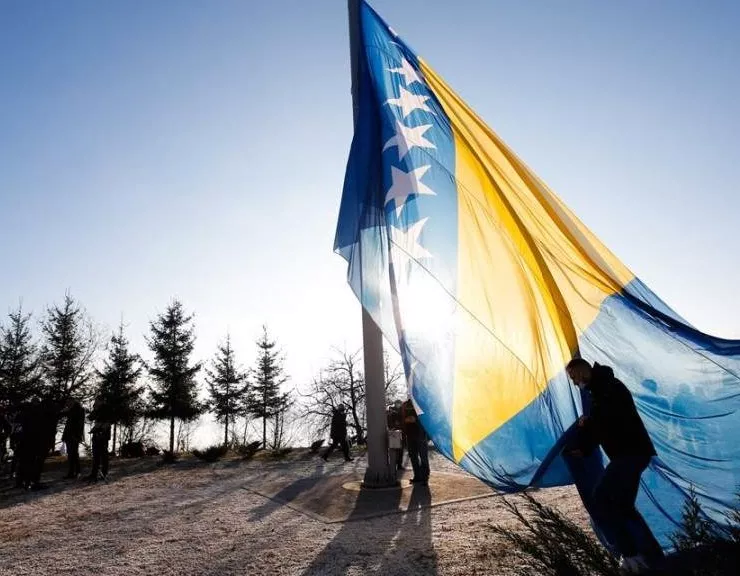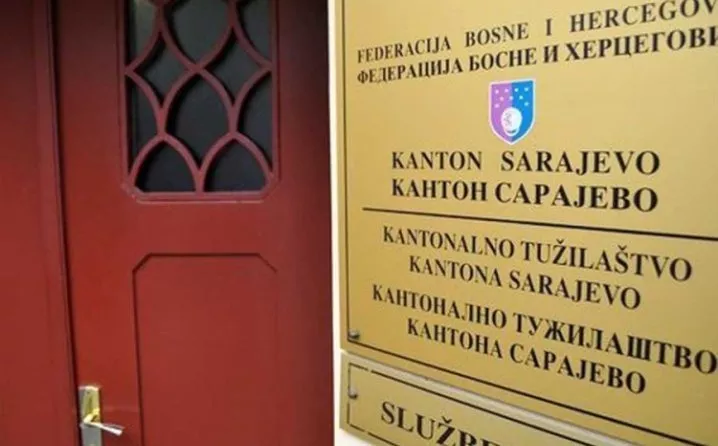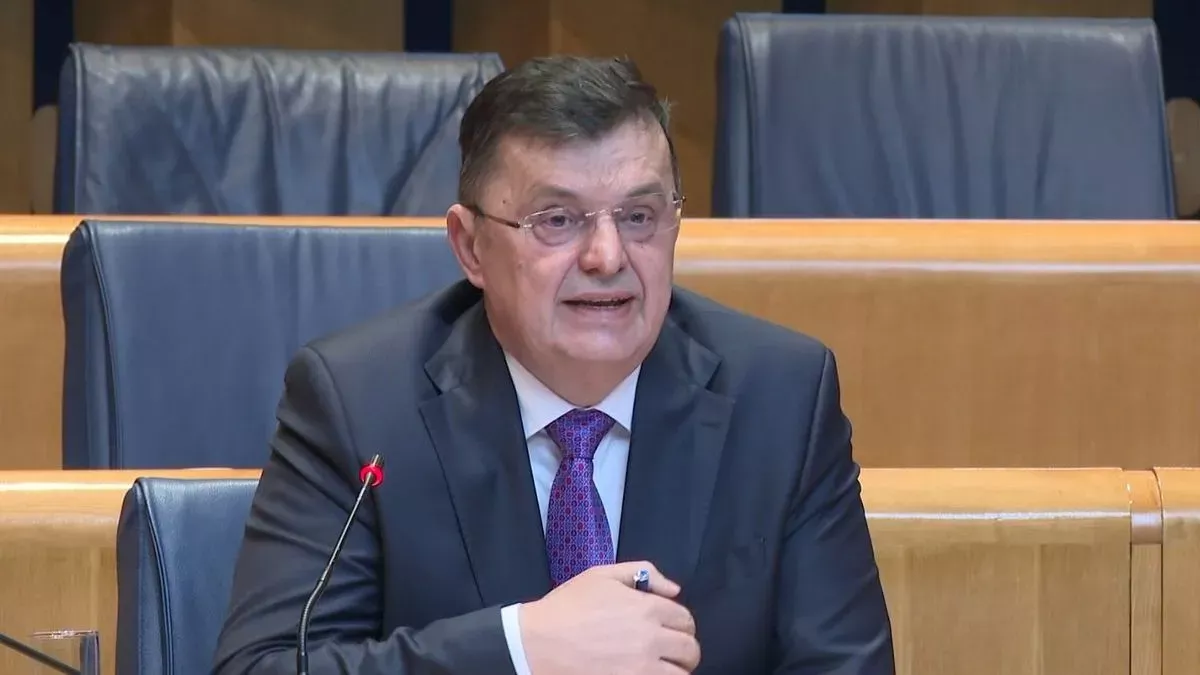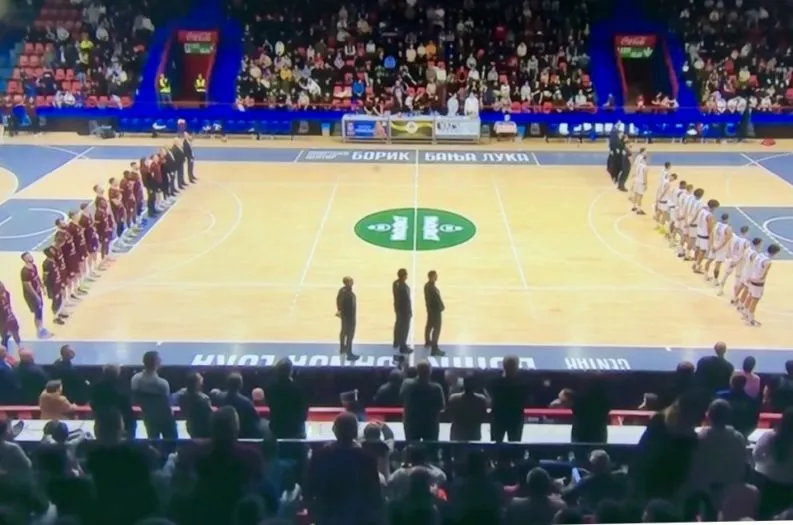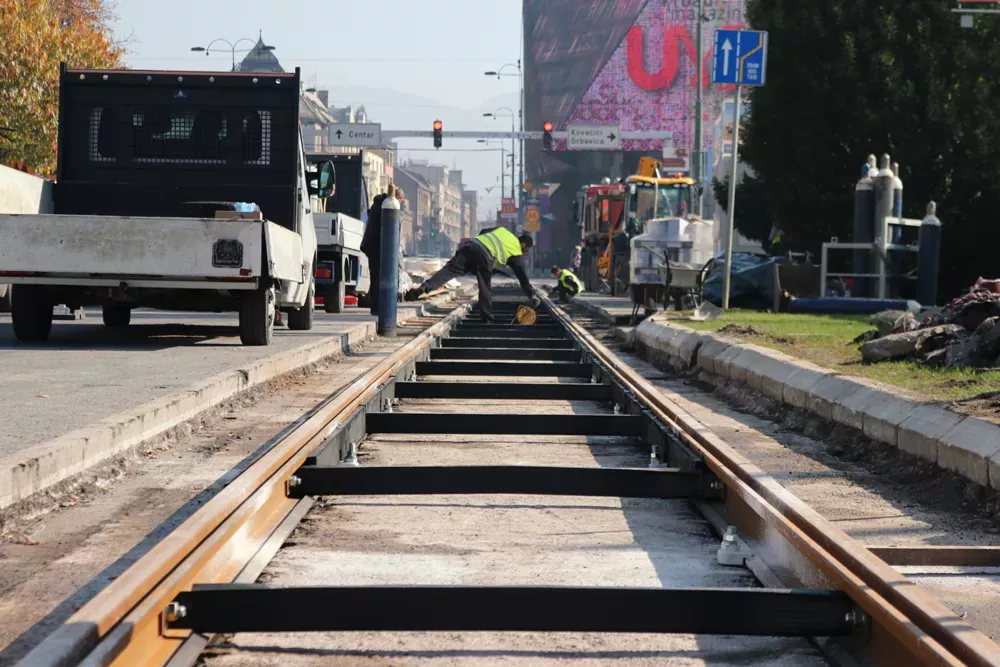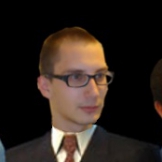

.jpg.webp)
By: Sead Omeragic
Independent candidates exist only in the areas with Bosniak majority. They have painted entirely different picture of BiH.
How come there were no such candidates in the RS or the areas with the Croat majority? There's political pluralism at the Bosniak end, there are disagreements and conflicts. There's left-wing, there's right-wing, the liberals, the green... The Serbs in the RS have two main parties and one politics. Bosniaks have about 30 parties and as many politics.
Political pluralism has a great value. If HDZ boasts about 90% of electoral body of the Croats giving its vote of confidence to HDZ, that political option is bound to irreconcilable and unsolvable social and other divisions in the near future. Croats vote for HDZ because they are apparently afraid of majority rule by Bosniaks.
There's no room for any majority rule in the RS because everything is wiped clean of Croats. HDZ and Covic are the only ones majorizing Croats in BiH. Unfortunately, Covic is a politician who presents himself as some kind of a country guide to Europe (for BiH). It is a tragic conclusion that is also being supported by some European representatives in BiH.
He is a man who is (for his one-party democracy) also after the territory ethnically cleansed by his predecessors. He is no different than his partner Milorad Dodik from the RS, whose TV stations and corridors are free from Bosniaks and Croats.
Since we have this tragic 3-nation democracy, we should have at least two democratic faces per each nation. Like the democracy, like the opposition.
Having said that, Covic and HDZ almost have no opposition, hence their electoral rival is only Bosniak body. The opposition in the RS could fit Ivanic's description: 'I had to vote on Dodik's referendum otherwise I would have lost the elections.' Thus he proved that Serbs have two big parties and one politics. And that all their previous elections were some kind of referendum.
Therefore, both Serb and Croat politics in BiH are two poor and entirely see-through constructions and repeated programs. Everything about those elections has been predictable for the last decade. No alternative, no surprise.
Then the Bosniak majority sent a message: The unity is force. Two decades long philosophy of two corrals may be joined by a third, so that the borders can be thickened and fences can be built on its side. Apart from natural political pluralism, Sarajevo has no other way to defend itself from this situation but a complete stalemate and Bosniak disorientation.
There are possible solutions, of course: a stronger presence and return of people to the RS and Herzeg-Bosnia. However, the long battle for its own federal corral has almost defeated the idea of Bosnia and Herzegovina.
The real political wisdom and orientation towards democratic solutions had to be seen in Srebrenica, Stolac and Mostar, as those have always been the critical points of Bosnian destiny. By no means could that have been done by SDA's mediocre national politics of the last decade. The 'unity' should have consisted of pro Bosnian forces in Srebrenica, Stolac, Mostar and every corner of BiH.
As an expression of national politics on 24% territory, SDA has become redundant and almost deadly sick to its core. It makes sense if our only goal is to defend those 24%. And make our own corral of it.
